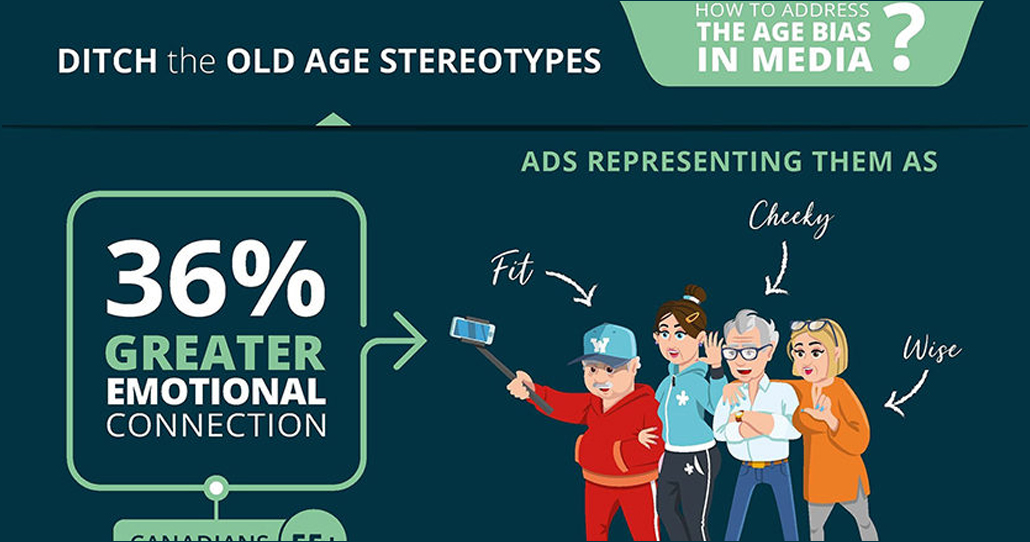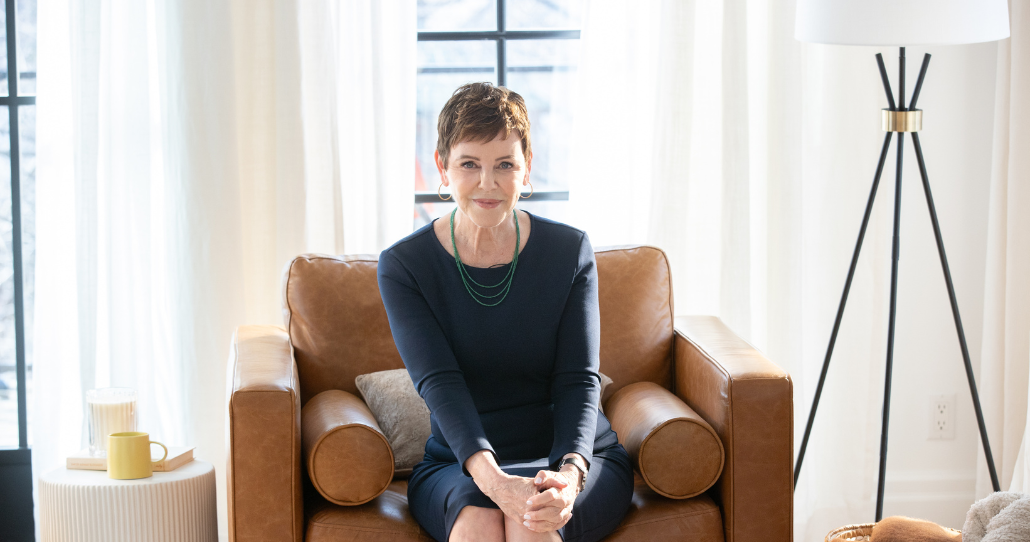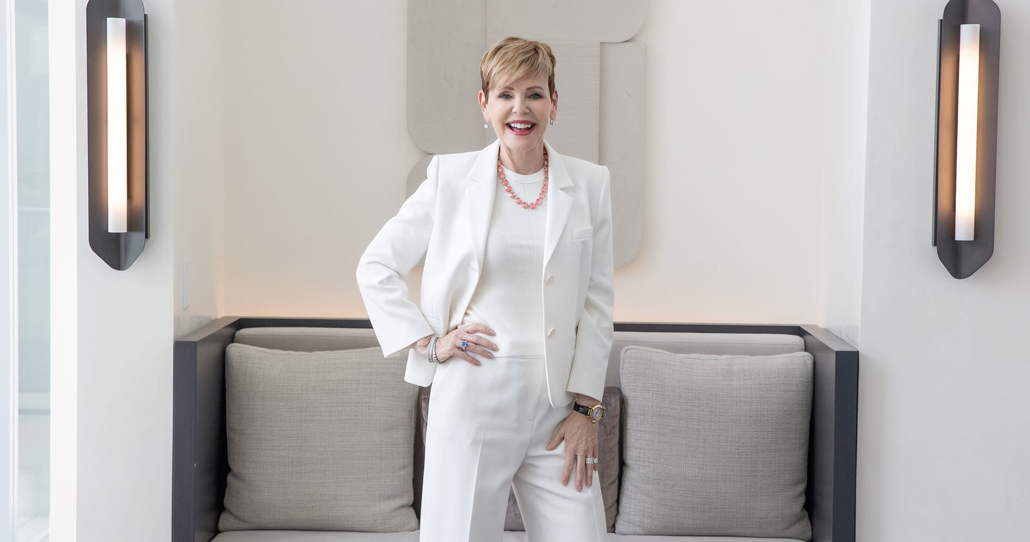Over the years, I have had the opportunity to speak to many people about their financial and estate plans. It is rarely an easy conversation, but it is often a necessary one. One of my observations is that estate planning is so much more than simply identifying executors and passing down wealth to future generations in a tax-efficient and fair manner. Sure, that is a key component; however, it often comes down to so much more than the money. It is often the impact on the lives and memories created through experiences, moments, emotions and lasting contributions to family, friends, and society.
Leaving money can be a linear way of securing a legacy, but the key for many clients is taking the time to reflect on the deeper and more relevant questions: What do they want their legacy to be? How do they want to be remembered? What sort of long-lasting imprint will reflect the life they lived, and the memories left behind?
I can share some of the ways we have embarked on this journey with our own financial advisor.
We decided long ago that our grandchildren didn’t need designer clothing or another random toy. They’re still very young but will eventually need some form of post-secondary education. We believe education is the great equalizer and can unlock potential and create opportunities. In other words, for birthdays, special occasions, and holidays, we contribute to an RESP and hope this becomes the foundation that supports their goals. We feel we have an opportunity to leave a legacy of empowerment.
As part of our legacy, we also built a family cottage, ironically after our four children became adults and had children of their own. We wanted it to be a touchstone for the family, designed to bring people together in a casual setting to create moments and unforgettable memories.
But we haven’t mastered it all yet. We are all a work in progress, and others have influenced some of our thoughts. For example, family holidays could shape a desire for exploration and leave a legacy of wonder. Or consider making a difference in the broader community through volunteering or philanthropy. Acts of kindness and giving back can influence others to give of themselves and inspire a sense of social responsibility.
The reality is that, like us, your clients haven’t mastered it either. Have they thought about the life they lived and the legacy they truly want to leave behind? This is where you can come in and provide much-needed advice to allow them to make better, informed financial decisions.
Regardless of the legacy they choose to leave, they all require money to some degree. The good news is that there are more solutions available to retired Canadian homeowners than they, or their advisors, often realize. For example, one solution may be to free up some of the equity in their home through a reverse mortgage to provide a little financial wiggle room. In fact, being able to take out some of the value in their home and direct it towards something that may give their life more meaning is one of the main reasons I joined HomeEquity Bank.
With the CHIP Reverse Mortgage by HomeEquity Bank, no monthly payments are required, and your clients have the flexibility to take only as much as they need. This means that your retired clients on a fixed income can stay in the home they love while also having the ability to leave a financial, educational, or even adventurous legacy.
It is worth exploring ways of creating a legacy for your clients that transcends financial wealth and focuses on love, compassion, adventure, knowledge, and much more.
Want to learn how a reverse mortgage can help your clients age in place? Speak with a HomeEquity Bank Business Development Manager today.
-Pattie Lovett-Reid
Chief Financial Commentator
HomeEquity Bank








